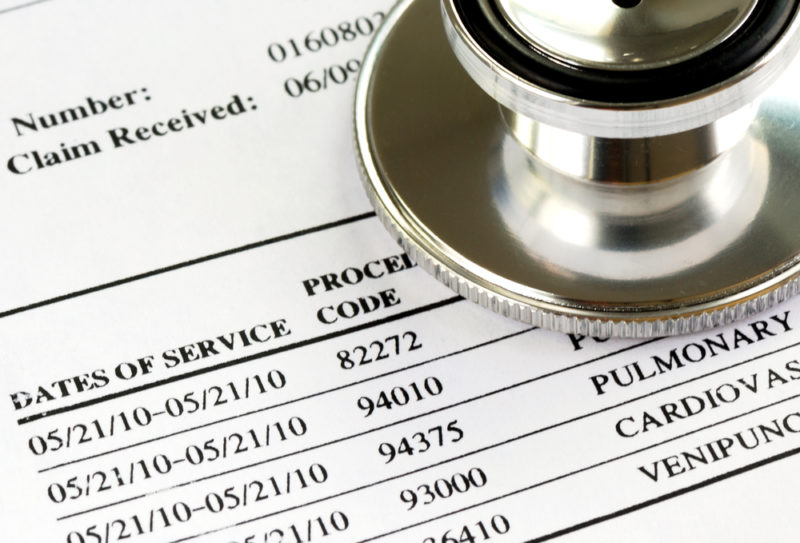How To Effectively Manage Medical Billing
To run a successful private practice, it is important that you are paid in a timely and accurate manner. There are many pay systems in use, and it can be hard for ROI to be met if there are inaccuracies in the billing systems. How can your practice manage medical billing more effectively?

Document Everything
The first step to more effective medical billing is to be sure that medical codes are properly documented. The name of the procedure, the medications that are used, and the administering physician are all important; as are vital signs and test results. Document everything and make sure that the correct codes are used every step of the way.
Be Aware of Medicare Restrictions
There are some procedures that Medicare does not cover. Patients should be made aware immediately if there is a possibility that they might fall into a noninsured category. Give them a list of options so that they can make an informed and prompt decision about their treatment.
The biller has a duty to be thorough, and if Medicare stops paying for services by a given provider then they are required to get in touch and investigate. This will allow them to discover any errors that have caused the payments to end.
Patients should be told by their healthcare providers if there are any potential issues, and they should work together to ensure that the patient’s coverage is adequate.
A Clear Summary of The Bill
Missing information could cause a delay in payments from the insurance provider. It is important that the insurance company keeps electronic records so that they can get alerts about missing data. Payment summaries track the collection of copays and coinsurance but don’t make it easy for staff to check if insurance is billed out.
The new rules for electronic health records published by the Centers for Medicare and Medicaid Services help to reduce the reporting burden for providers. Even with improved software, billers still need to focus on maintaining accurate records.
Cooperate with Certified Electronic Health Record Specialists
There are many CEHRs that can help manage Electronic Health Records. These make it easier for billers to keep track of patient information, compliance and reducing the amount of time that is wasted on billing. EHRs help to streamline patient visit management, prescriptions, and follow-up care arrangements. This can help to improve the standard of patient care. Pain-free billing for the patient can help increase retention and engagement in the medical care cycle.
Call us or contact Progressus Revenue for more information about our medical billing strategies, practice management solutions and ancillary care programs.




